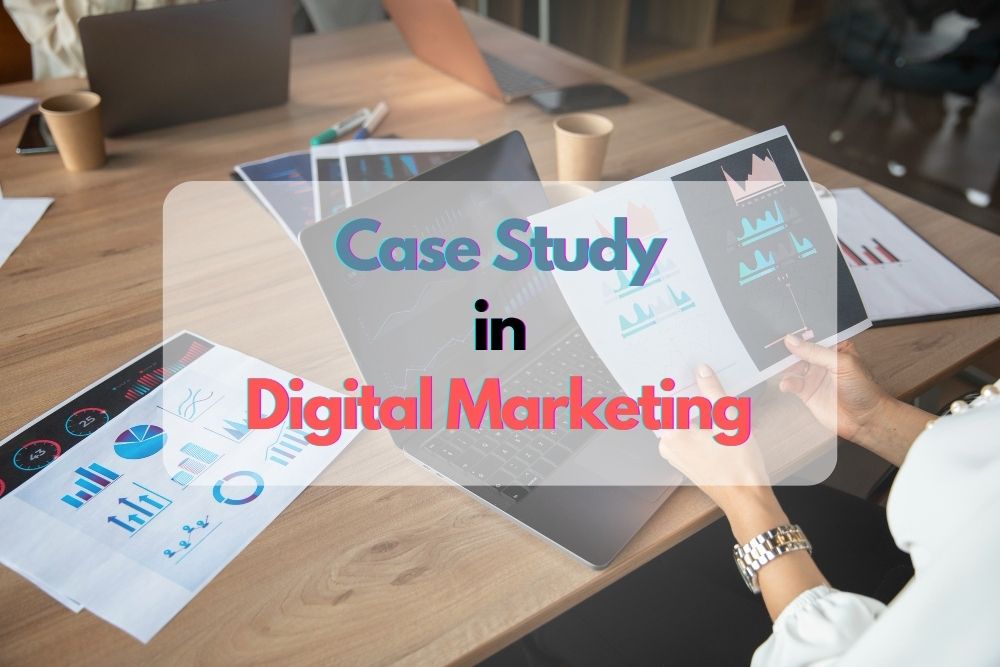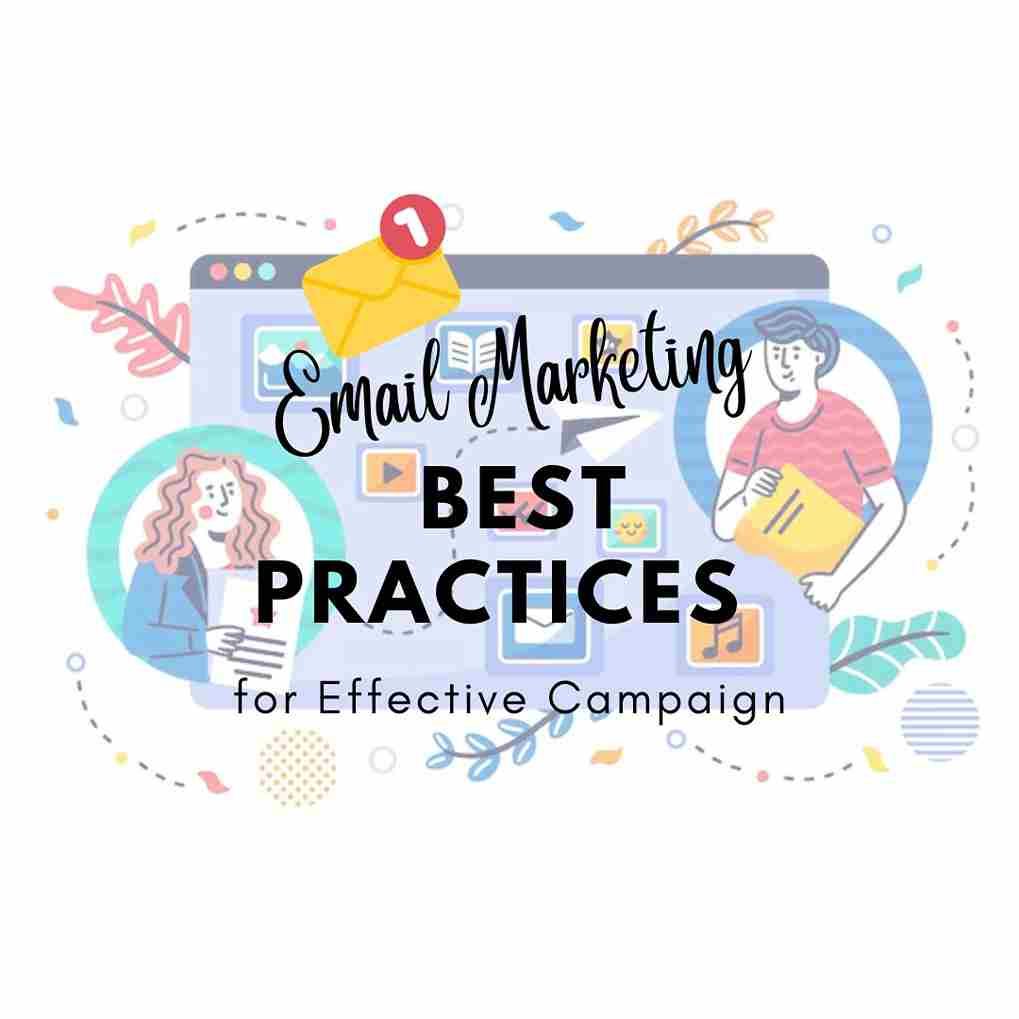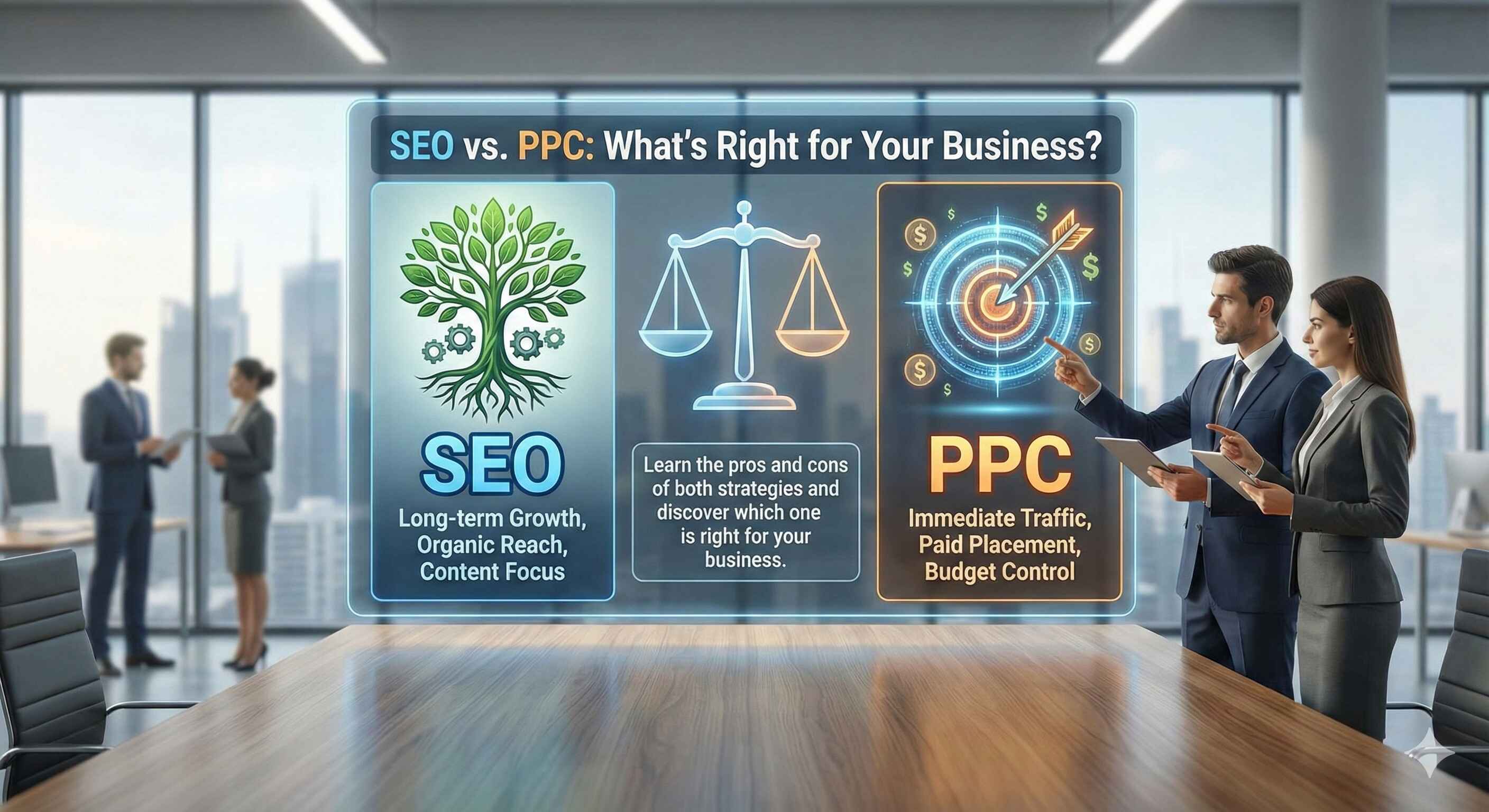Targeted Advertising: A Smart Strategy for Your Business
Targeted advertising is a form of online marketing that aims to deliver personalized messages to potential customers based on their interests, preferences, and behavior. By using data collected from various sources, such as web browsing history, social media activity, and online purchases, advertisers can create more relevant and effective campaigns that increase conversion rates and customer loyalty. Targeted advertising benefits both businesses and consumers, as it reduces the amount of irrelevant and annoying ads, and provides more value and satisfaction to the users.
If you want to grow your business and reach more potential customers, you need to have a smart advertising strategy. But how do you know which ads are most effective for your audience? How do you avoid wasting money on ads that don't generate results?
The answer is targeted advertising.
Targeted advertising is a type of online advertising that uses data and algorithms to show relevant ads to specific users based on their interests, behaviors, demographics, location, and other factors. Targeted advertising can help you:
- Increase your brand awareness and recognition among your ideal customers
- Boost your conversion rates and sales by showing ads that match the user's intent and needs
- Reduce your ad costs and improve your return on investment by focusing on the most profitable segments of your market
- Enhance your customer loyalty and retention by creating personalized and engaging experiences
How does targeted advertising work?
Targeted advertising works by collecting and analyzing data from various sources, such as:
- Your website and app analytics, which track how users interact with your online platforms, what pages they visit, what products they buy, etc.
- Your customer relationship management (CRM) system, which stores information about your existing customers, such as their contact details, purchase history, preferences, etc.
- Your email marketing campaigns, which measure how users respond to your emails, what links they click, what offers they redeem, etc.
- Your social media platforms, monitor how users engage with your posts, what content they like, share, and comment on, etc.
- Third-party data providers, which offer access to external data sources, such as online surveys, public records, credit scores, etc.
Using these data sources, you can create detailed profiles of your target audience and segment them into different groups based on their characteristics and behaviors. For example, you can segment your audience by:
- Age
- Gender
- Location
- Income
- Education
- Occupation
- Interests
- Lifestyle
- Buying habits
- Pain points
- Goals
Then, you can use various tools and platforms, such as Google Ads, Facebook Ads, Instagram Ads, etc., to create and run targeted ads that appeal to each segment. You can customize your ads by:
- Choosing the right keywords and phrases that match the user's search queries
- Writing compelling headlines and copy that captures the user's attention and curiosity
- Using attractive images and videos that showcase the benefits of your products or services
- Adding clear and strong call-to-actions that prompt the user to take the desired action
- Testing different variations of your ads to see which ones perform better
By doing so, you can ensure that your ads are relevant and useful to the user, which increases the likelihood of them clicking on your ads and converting into customers.
What are the benefits of targeted advertising?
Targeted advertising can offer many benefits for your business, such as:
- Higher click-through rates (CTR): Targeted ads have a higher chance of being clicked on by users who are interested in what you have to offer. According to a study by WordStream, the average CTR for Google display ads is 0.46%, while the average CTR for Facebook ads is 0.9%. However, with targeted ads, you can achieve much higher CTRs. For example, Google claims that remarketing ads (a type of targeted ads that show ads to users who have previously visited your website or app) can increase CTRs by up to 400%.
- Higher conversion rates (CVR): Targeted ads can also lead to higher conversion rates (the percentage of users who complete a desired action after clicking on your ads). This is because targeted ads match the user's intent and need at the right time and place. According to a report by Econsultancy, 93% of marketers agree that personalization can improve conversion rates. For example, Amazon uses targeted ads to show personalized recommendations based on the user's browsing and purchase history, which increases the chances of them buying more products.
- Lower cost per acquisition (CPA): Targeted ads can also help you lower your cost per acquisition (the amount of money you spend to acquire a new customer). This is because targeted ads allow you to focus on the most profitable segments of your market and avoid wasting money on irrelevant or uninterested users. According to a study by HubSpot, businesses that use targeted marketing see an average reduction of 33% in their CPA.
- Higher customer satisfaction and loyalty: Targeted ads can also improve your customer satisfaction and loyalty by creating personalized and engaging experiences for them. By showing them relevant and useful ads that solve their problems or fulfill their desires, you can build trust and rapport with them. According to a survey by Accenture, 91% of consumers are more likely to shop with brands that recognize them and provide relevant offers and recommendations.
How to get started with targeted advertising?
If you want to get started with targeted advertising, here are some steps you can follow:
- Define your goals and objectives: What do you want to achieve with your targeted advertising campaigns? Do you want to increase your brand awareness, generate more leads, drive more sales, or retain more customers? How will you measure your success and track your progress?
- Identify your target audience and segments: Who are your ideal customers? What are their characteristics, behaviors, interests, needs, and pain points? How can you segment them into different groups based on these factors?
- Choose your tools and platforms: What tools and platforms will you use to collect and analyze data, create and run targeted ads, and monitor and optimize your performance? How will you integrate them with each other and with your existing systems?
- Create and launch your targeted ads: How will you design and write your targeted ads to appeal to each segment? What keywords, headlines, copy, images, videos, and call-to-actions will you use? How will you test and refine your ads to improve your results?
- Evaluate and improve your results: How will you measure the effectiveness of your targeted ads? What metrics and indicators will you use to evaluate your performance? How will you use the data and feedback to improve your strategy and tactics?
Targeted advertising is a smart strategy for your business that can help you reach more potential customers, increase your conversion rates and sales, reduce your ad costs and improve your return on investment, and enhance your customer loyalty and retention. By following the steps above, you can get started with targeted advertising and grow your business.
Share This Post
Related Articles
What is a Case Study in Digital Marketing?
A case study in digital marketing is a detailed analysis of a specific campaign, strategy, or tactic that a company or organization has implemented to achieve its goals. A case study typically includes the background, objectives, challenges, solutions, results, and lessons learned from the project. A case study can help showcase the effectiveness, creativity, and value of digital marketing to potential clients, partners, or stakeholders.
Email Marketing Best Practices for Effective Campaign
Discover the Email Marketing Best Practices for Effective Campaigns and learn how to craft captivating subject lines, create engaging content, and avoid the spam folder. Become a master of email marketing and watch your campaigns soar!
What is Channels in Digital Marketing?
Channels in digital marketing are the ways that marketers use to reach and communicate with their target audiences online. Some examples of channels are websites, social media, email, search engines, and online advertising. Each channel has its own advantages and disadvantages, depending on the goals, budget, and preferences of the marketer. Channels can also be combined and integrated to create a more effective and cohesive digital marketing strategy.
SEO vs. PPC: What’s Right for Your Business?
SEO vs. PPC: Learn the pros and cons of both strategies and discover which one is right for your business.
What is a Video Podcast and How Does It Work?
A video podcast is a type of digital media that combines audio and video content. It can be downloaded or streamed online and played on various devices, such as computers, smartphones, tablets, or smart TVs. Video podcasts are similar to regular podcasts, but they offer more visual information and engagement for the viewers. Some video podcasts are recorded live, while others are edited and produced before being released.
Related FAQ
No related FAQ.
Say Hello
To Your Dream





